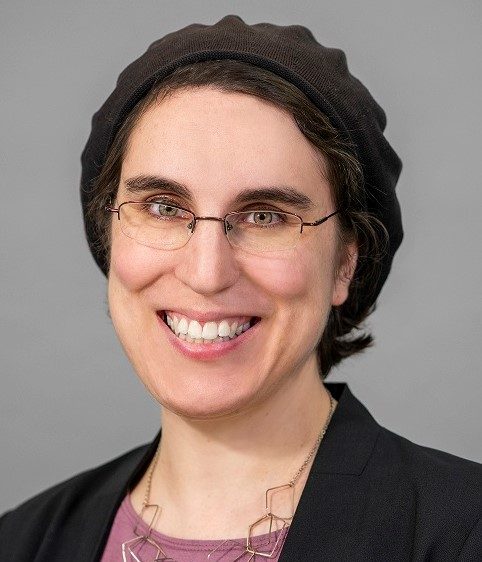What Stops the Plague?
Plague is one of God’s preferred forms of collective punishment in the Bible. Just as plagues often start in reaction to human misdeeds, they can often be stopped by human action as well. What stops a plague? How can individual actions, even extreme ones, change the balance of the public’s guilt in God’s eyes? To answer these questions, we will examine depictions of plague and how it can end through the lens of rabbinic texts, including the story of Rabbi Akiva’s students and the abrupt cessation of their plague-related deaths.



